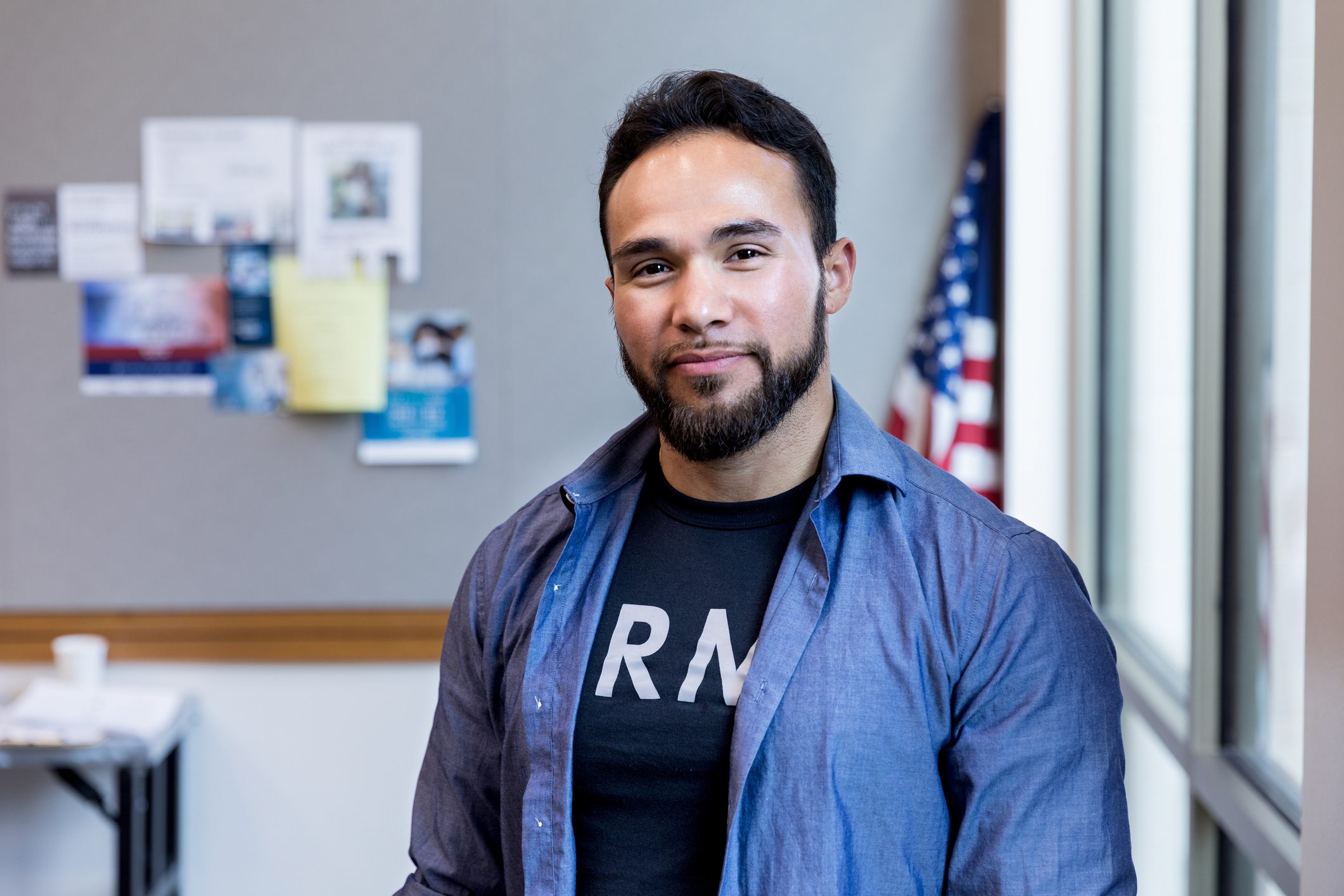Veterans often face unique challenges upon returning home from military service, including struggles with addiction. For many Veterans, the traumas of war can lead to the development of post-traumatic stress disorder (PTSD), which in turn can increase the risk of turning to drugs or alcohol as a coping mechanism. In these cases, traditional therapies may not always be effective.
Understanding the Link Between PTSD and Addiction
The traumatic experiences that are often part of military service and the work of first responders can have profound effects on the psychological well-being of individuals in those fields. Exposure to combat, witnessing death and horrific occurrences, and enduring physical hardships can trigger PTSD, a mental health condition characterized by distressing memories, severe anxiety, and uncontrollable thoughts about the traumatic events. These symptoms create a significant burden for Veterans, active military, and first responders, disrupting their daily lives and affecting their ability to function.
The connection between PTSD and addiction is well-established. Many individuals with PTSD turn to substances to numb their pain or escape their circumstances. While alcohol and drugs may offer temporary relief from PTSD symptoms, this coping strategy can quickly lead to dependency. Over time, using substances as self-medication can worsen PTSD symptoms, creating a cycle that complicates treatment for both the mental health issue and the addiction.
An Introduction to Tactical Recovery Program
The Tactical Recovery program was created by Summit Behavioral Healthcare (the parent company of English Mountain Recovery) in conjunction with PsychArmor. The program was created to help Veterans, active military personnel, and first responders receive the help they need in an environment that is culturally competent and trauma-informed.
Tactical Recovery programs cater uniquely to Veterans, active military members, and first responders struggling with the challenges of addiction, post-traumatic stress disorder, anxiety, depression, and bipolar disorder.
The Core Components of a Tactical Recovery Program
At the heart of our Tactical Recovery program are several key elements designed to facilitate a holistic recovery journey for those battling addiction. Individual therapy sessions and group discussions address personal traumas and foster a community of mutual understanding and support. Participants engage in regular physical fitness routines, which are not just aimed at enhancing physical health but also serve as a crucial strategy for managing stress, alleviating symptoms of PTSD, and promoting emotional well-being.
Group counseling sessions provide Veterans with a safe and supportive space to share their experiences and challenges, fostering openness, trust, and camaraderie. These conversations are essential for overcoming the isolation many individuals in these fields experience. Additionally, they help create a network of peers who understand the unique pressures of military life and the path to sobriety.
Mindfulness training is a crucial component of Tactical Recovery, providing individuals with techniques to attain mental clarity and manage their emotions. Through guided meditation, breathing exercises, and various mindfulness practices, participants learn to navigate their thoughts and feelings, fostering resilience against the triggers of addiction and PTSD.
The integration of these core components ensures that Tactical Recovery programs address not just the physical aspect of addiction but also the mental, emotional, and social factors that contribute to substance use disorders among Veterans, first responders, and active military personnel. This comprehensive approach equips individuals with the tools and support necessary to foster personal growth and healing from the inside out.
English Mountain Recovery Can Help
Whether you are seeking help for yourself or someone you care about, English Mountain Recovery in the Smoky Mountains of Tennessee can help. We have specifically trained staff members ready to address your unique needs. Along with the Tactical Recovery program, we offer a gender-specific, 12-step treatment program that includes evidence-based and holistic therapies. Take the first step to reclaim your life.





